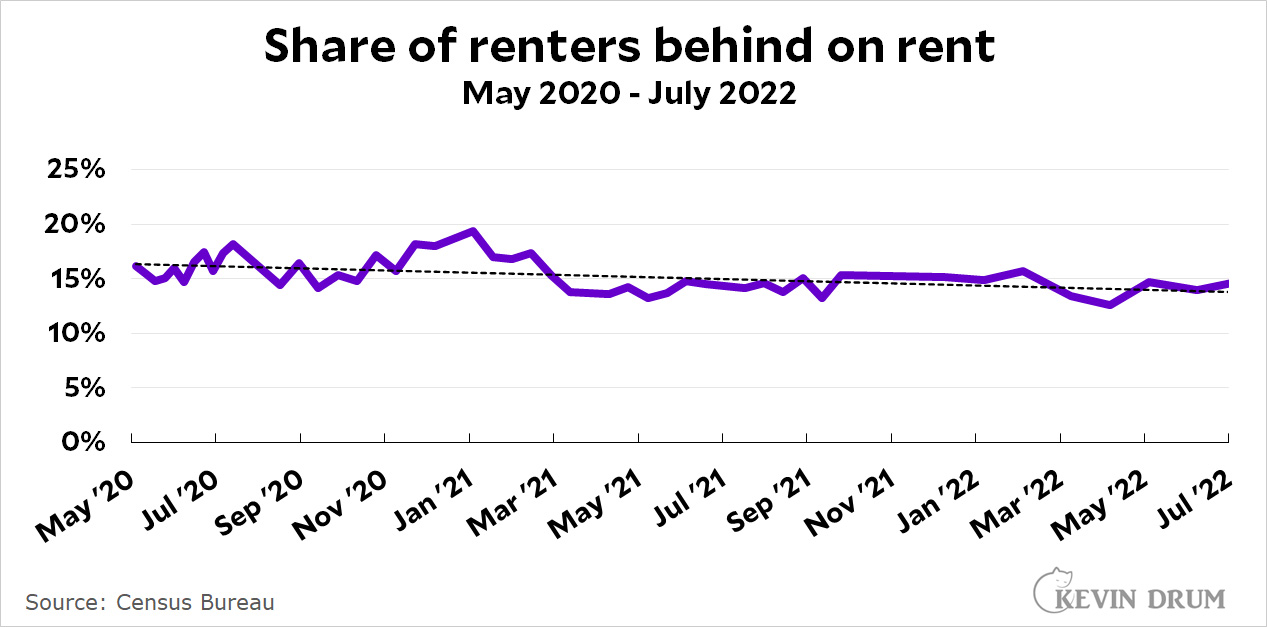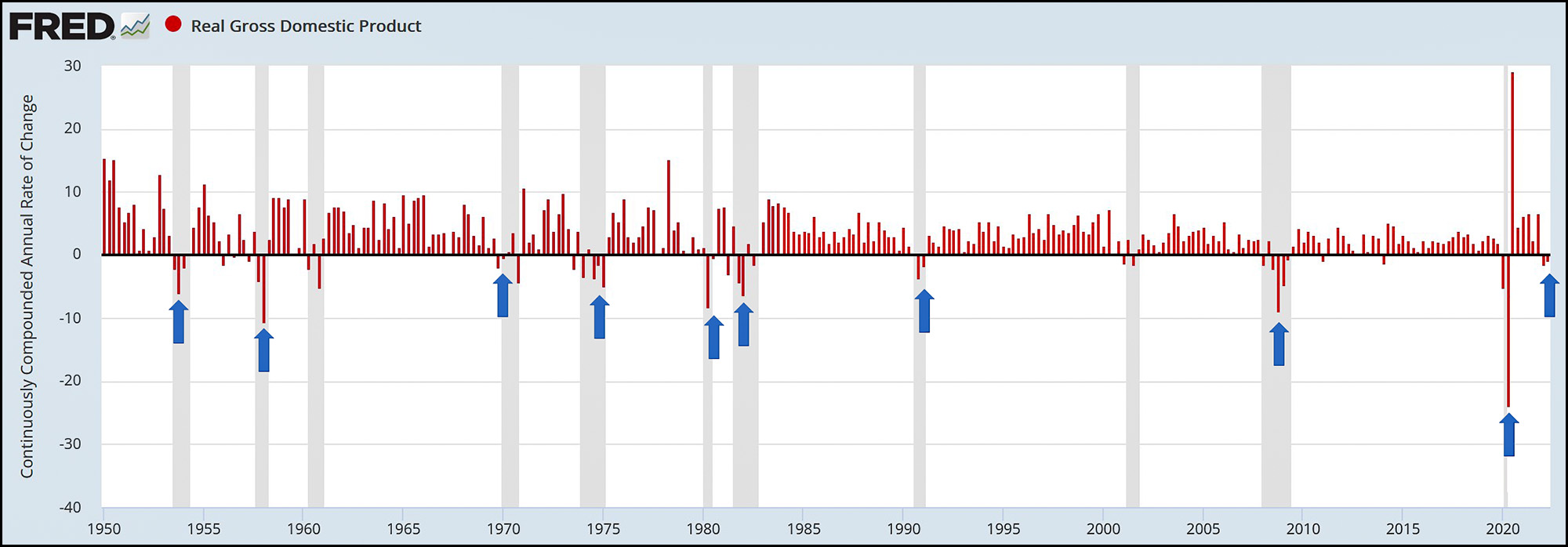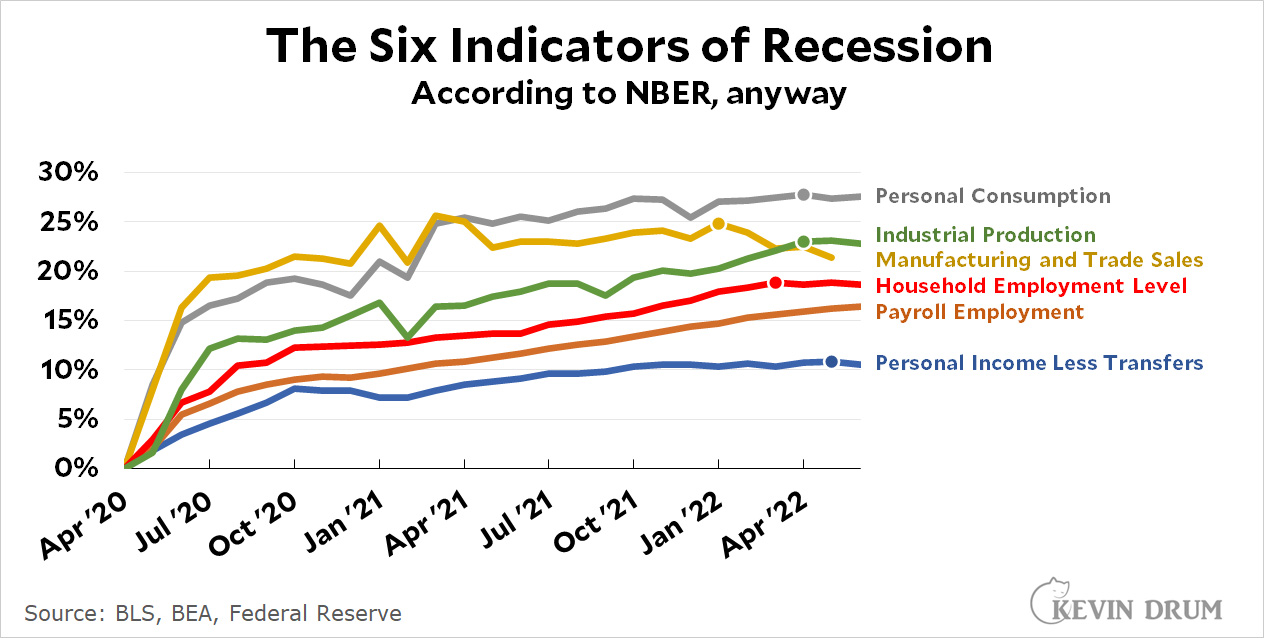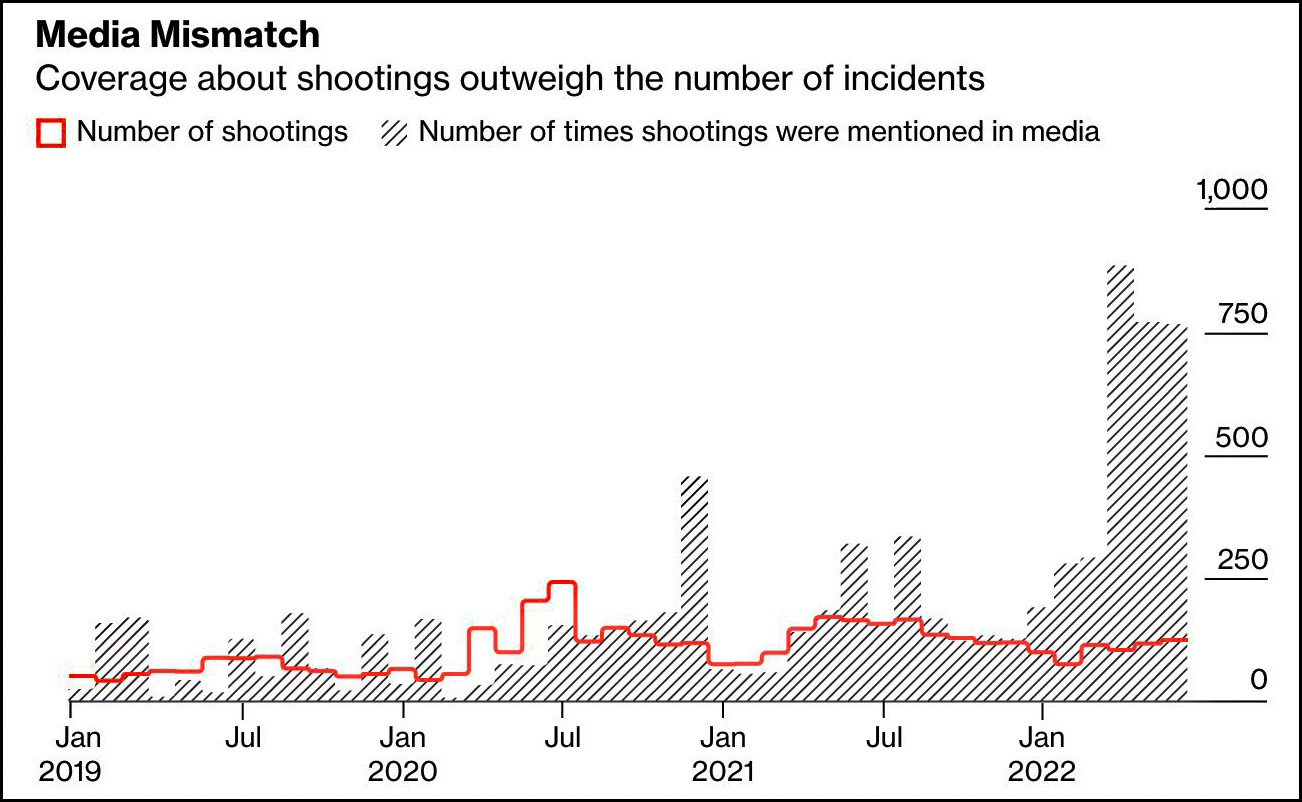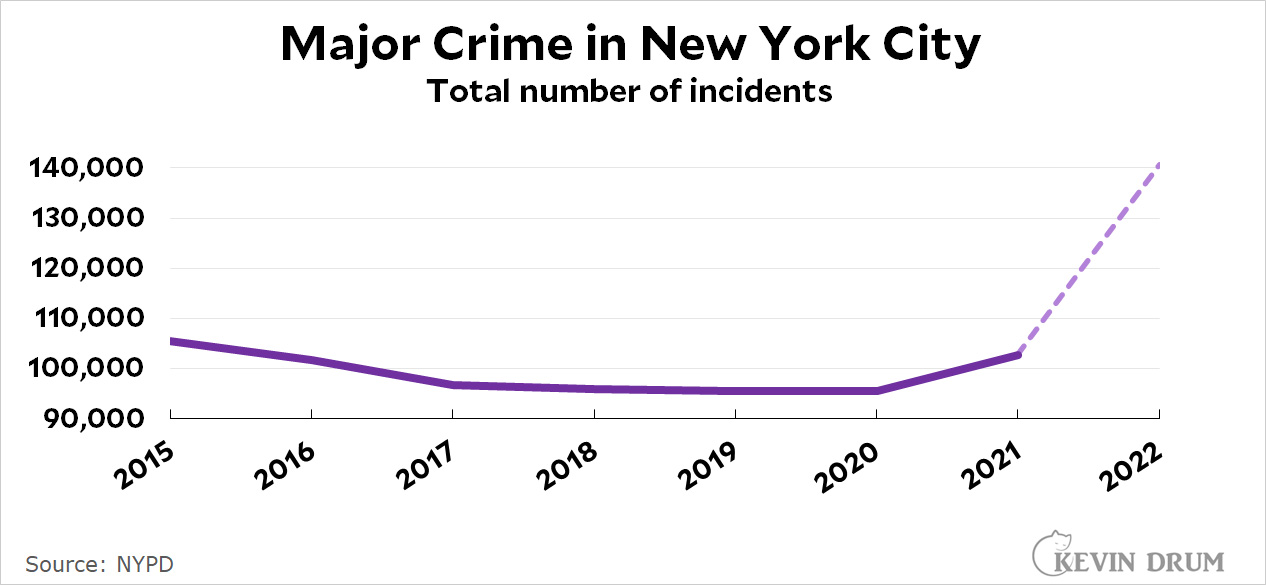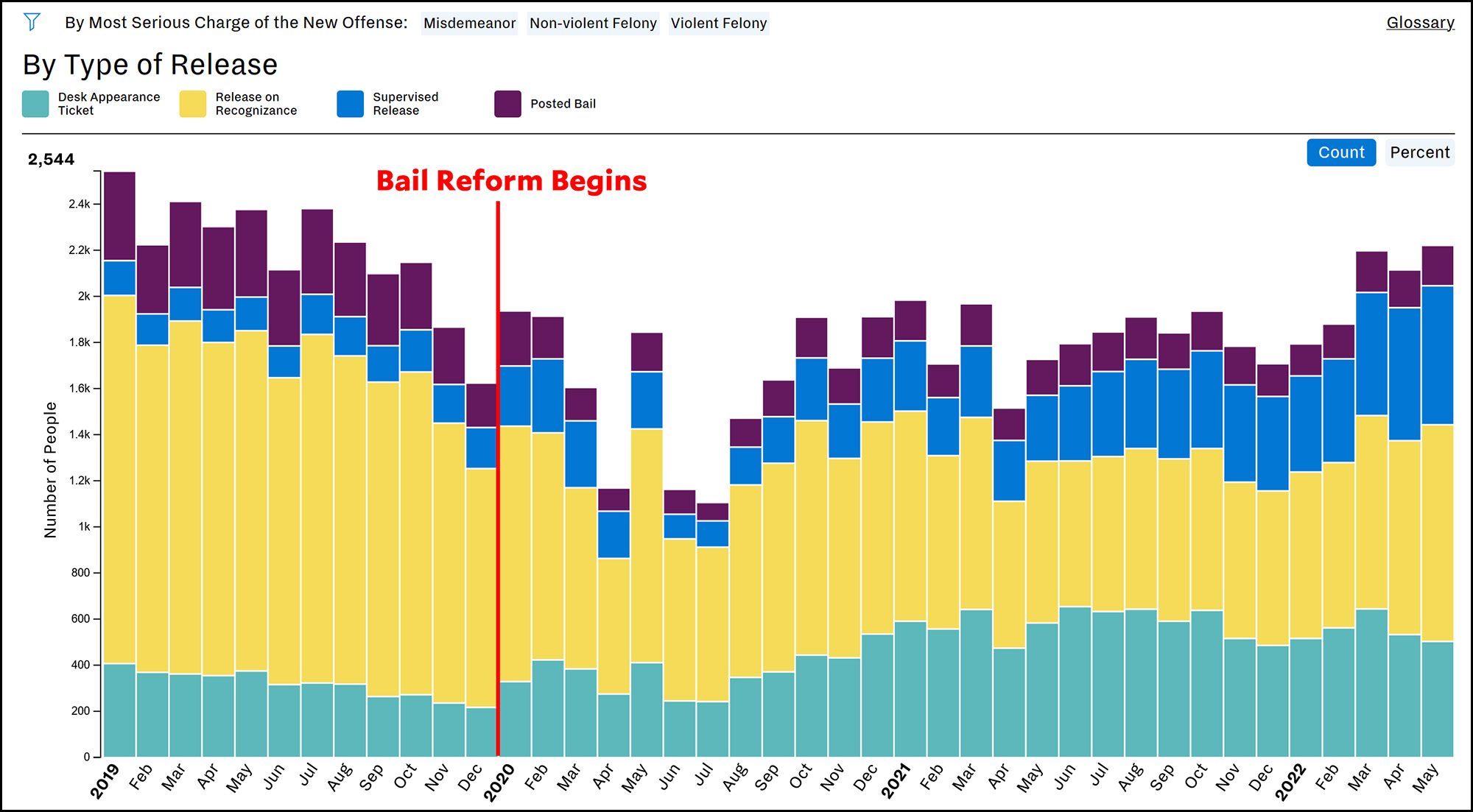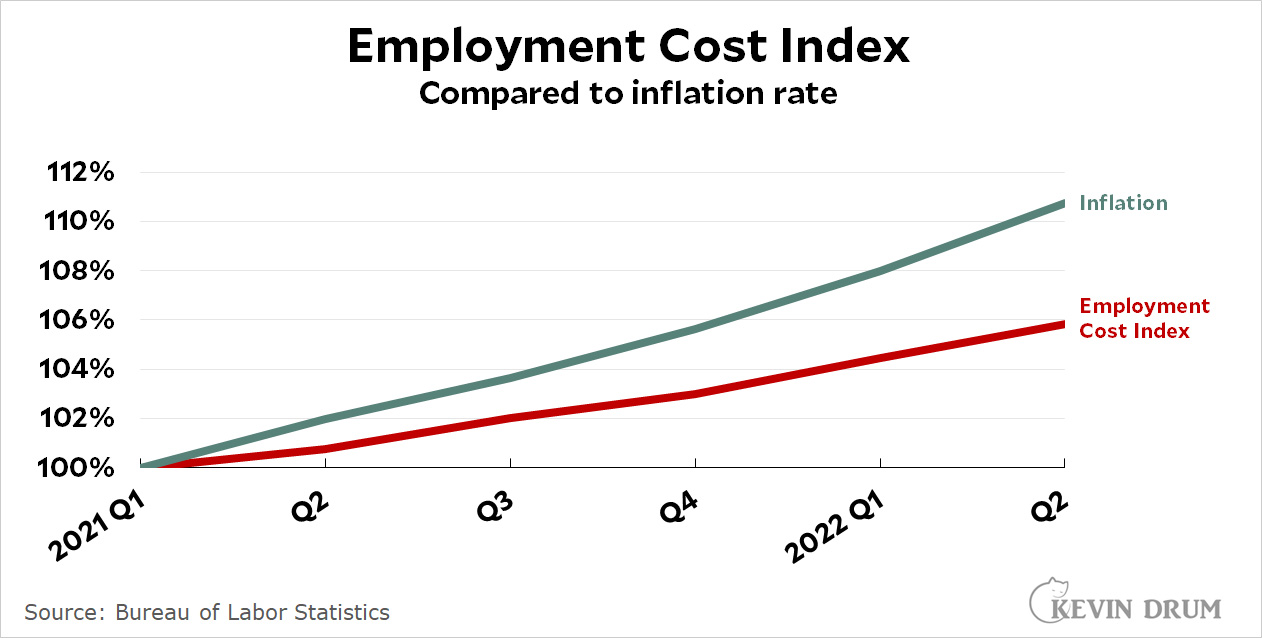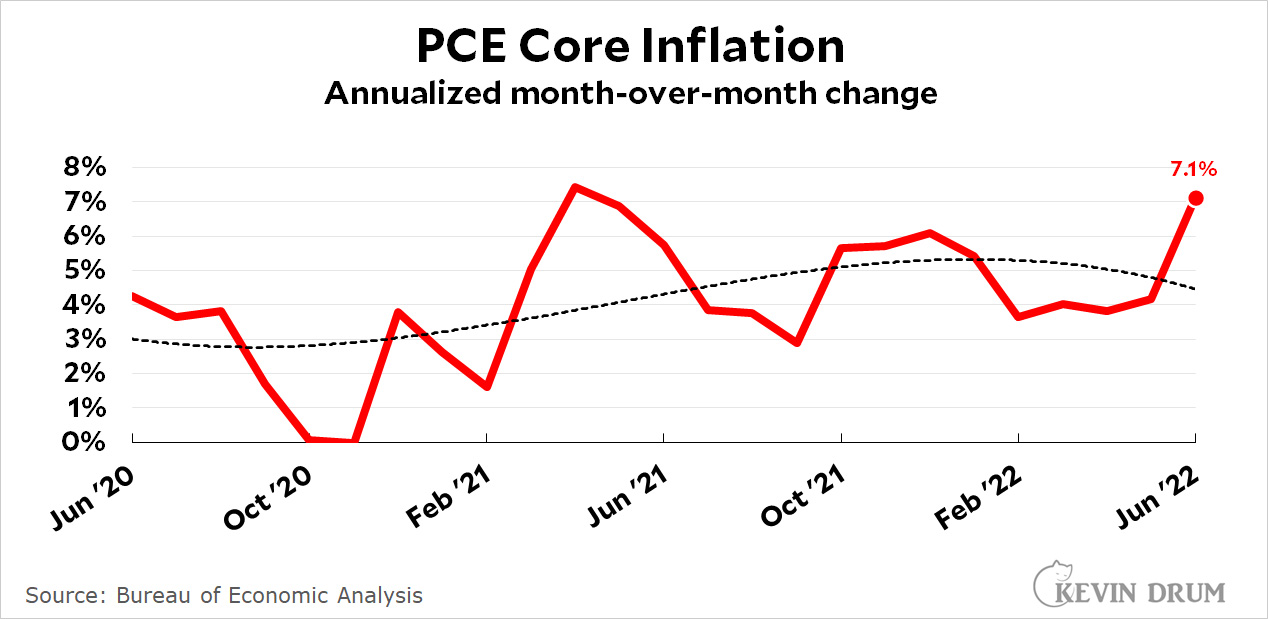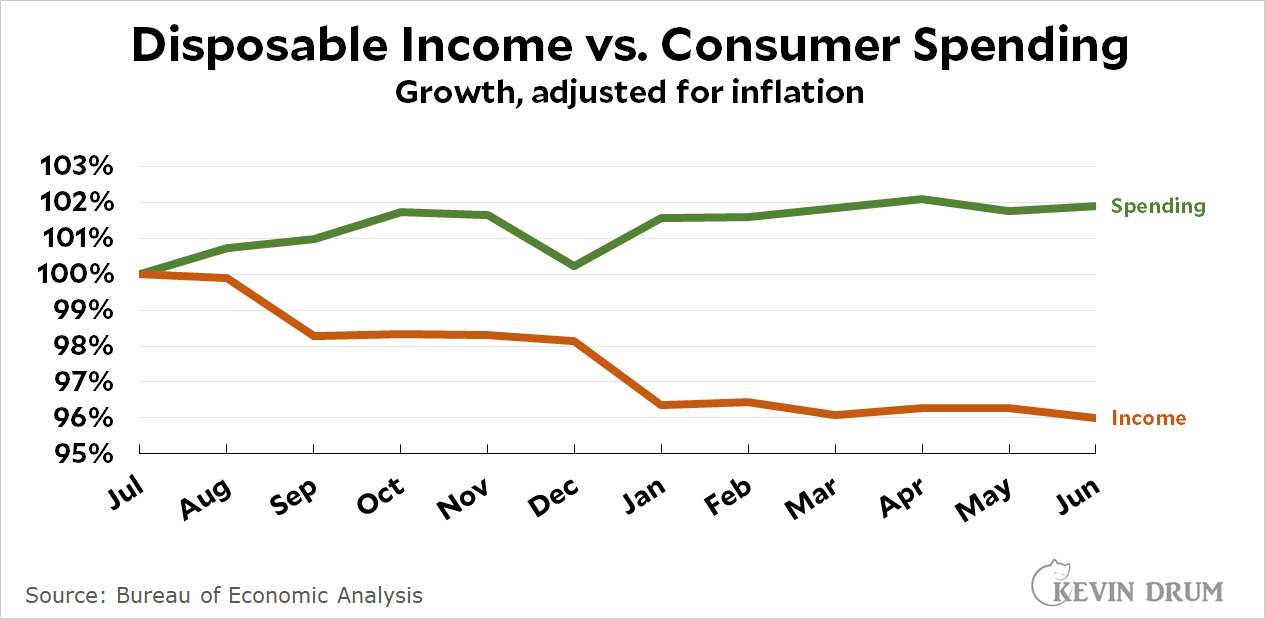You have questions. I have answers.
Yesterday I wrote about Sen. Pat Toomey's opposition to the PACT Act, which funds health care for veterans who were exposed to toxic burn pits and other environmental hazards while serving in the military. Toomey doesn't object to the overall intent of the bill, but he does object to a technical change whose origins are notably murky—as they usually are in Congress. There are probably a few 23-year-old Senate aides who could explain this to me in 60 seconds, but unfortunately I don't have any Senate aides handy on my Rolodex. Instead, because I'm dedicated to bringing you the news you need, I took a dive myself to figure it out.
This was initially made difficult by the fact that Congress is currently considering five different PACT Acts.¹ That delayed but didn't discourage me. Here's the timeline:
- February 18: House posts text of HR.3967 on its website. According to the Congressional Budget Office, this bill contains no reallocation of existing spending from discretionary to mandatory.
- March 3: House passes HR.3967 and sends it back to the Senate. CBO says its budget impact is identical to the February 18 version.
- June 16: Senate passes HR.3967 by a vote of 84-14 and sends it back to the House with "technical corrections." One of those corrections is this one:
There is authorized to be appropriated...(1) the delivery of veterans’ health care associated with exposure to environmental hazards in the active military, naval, air, or space service in programs administered by the Under Secretary for Health;
....BUDGET SCOREKEEPING.— (1) Immediately upon enactment...expenses authorized to be appropriated to the Fund in subsection (c) shall be estimated for fiscal year 2023 and each subsequent fiscal year and treated as budget authority that is considered to be direct spending—
Note that "direct spending" is another term for "mandatory spending." According to CBO, this is the language that reallocates $400 billion of already existing spending from the discretionary budget to the mandatory budget.
- June 23: Toomey speaks on the Senate floor objecting to the reallocation. Nobody cares.
- July 13: House passes S.3373, an old Senate bill repurposed with the text of the PACT Act. It is then sent back to the Senate.
- July 27: S.3373 is brought up in the Senate for a cloture vote but it fails 55-42. Only six Republicans vote for the bill, compared to 36 on June 16th.
The objectionable clause about reallocating funds to the mandatory account was made in the Senate sometime between March and June. Probably in May, when the chair and ranking member of the Senate Veterans Affairs Committee agreed on the text of the bill.
But who made the change? Sen. Tim Kaine is the sponsor of the bill and Sen. Jon Tester is chair of the Veterans Affairs Committee, so I suppose they're the two obvious suspects. But why did the bill get 36 Republican votes on June 16 and only six on July 27 when nothing changed between those dates? I can think of two or three possibilities:
- Nobody knew the bill had been changed. Toomey figured it out on June 23 and it was only then that Republicans understood what was going on. I find this fairly unlikely. The change to the bill was pretty obvious and pretty easy to find for anyone with legislative experience. What's more, even after Toomey started talking about it, Republicans showed little interest.
- There was lots of initial support because the reallocation had been quietly agreed to on a bipartisan basis, with Democrats and Republicans both promised a piece of the pie. I find this fairly likely.
- Most Republicans don't care one way or the other about this issue, but voted against the bill on the 27th to show that they were pissed off about Joe Manchin's "betrayal" a few hours earlier when he agreed to a new spending bill after Republicans had already helped pass the CHIPS Act and no longer had any leverage to stop it.
My own guess is that Tester and Jerry Moran, the ranking Republican member of the Veterans Affairs Committee, added the reallocation language jointly. The rest of the committee knew about it too, and quietly accepted it because it seemed like a good way to get a little extra money for everyone. Later, when the whole thing blew up and started getting attention on Fox News, they backed off.
That's just a guess, though. Someone with inside knowledge of Senate horsetrading would need to step up if we want to know for sure what happened.
¹The other four are the Partnership Agreements Creating Tangible Savings Act; the Pediatricians Accelerate Childhood Therapies Act of 2021; the Keep Our Promise to America's Children and Teachers Act; and the Platform Accountability and Consumer Transparency Act.

